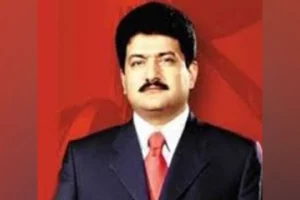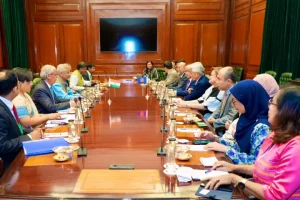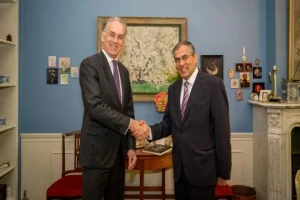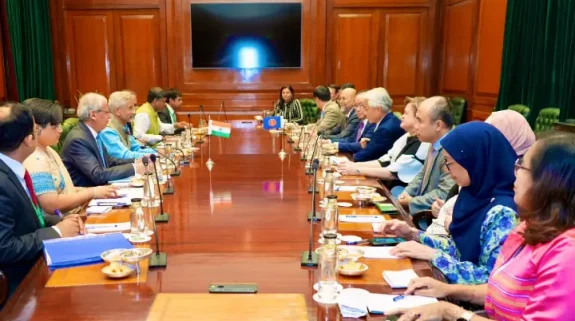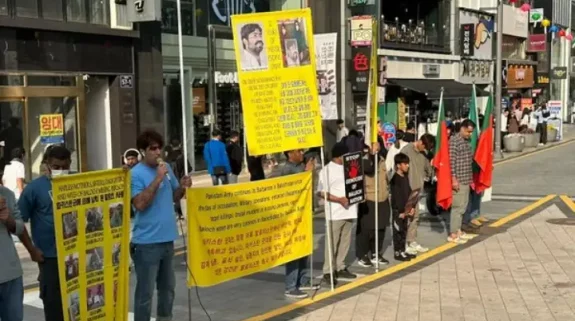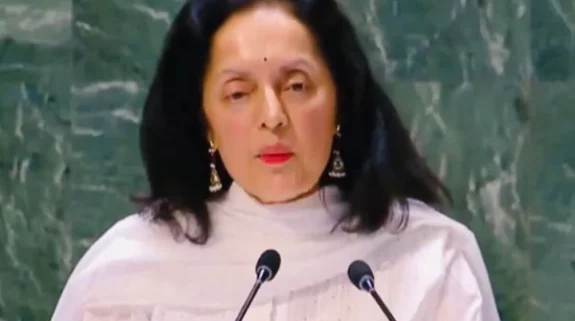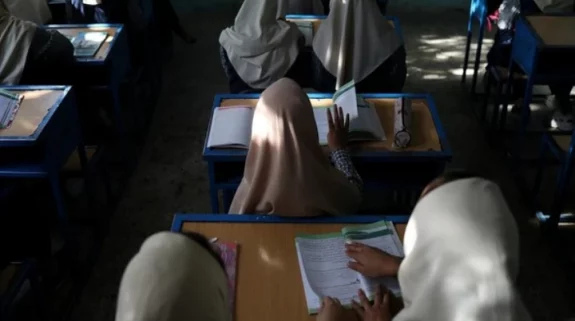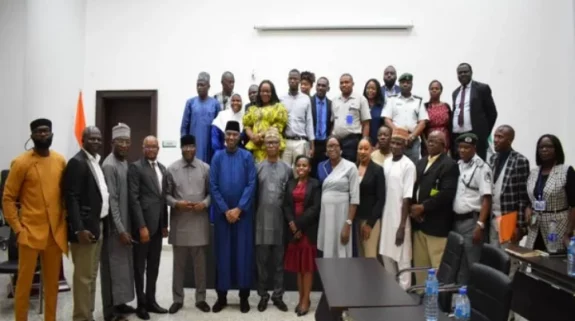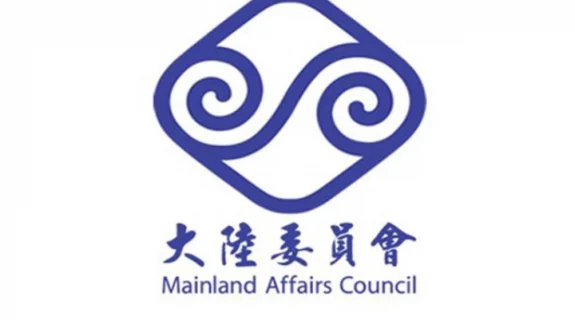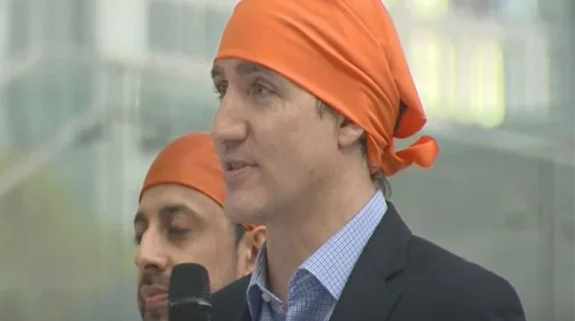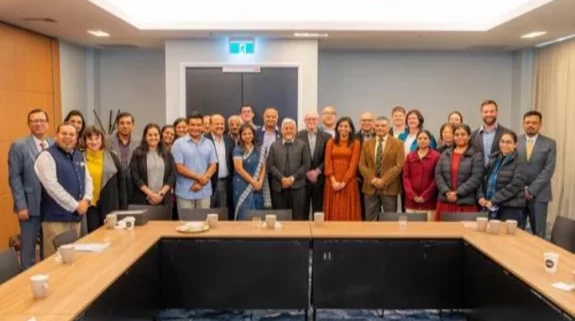Would you buy a Covid-19 vaccine if it is 'made in China'? The Brazilians have made up their mind—and their answer is a big NO. With over 5.4 million confirmed cases and as many as 158,468 deaths due to coronavirus — second only to the United States — till today, Brazil is a hotspot of the global pandemic. Still, the 'boycott Chinese vaccine' chorus has grown stronger than ever in the South American nation in the past couple of weeks.
"The Brazilian people will not be anyone's guinea pig," country's President Jair Bolsonaro announced on his social media page last week while making it clear that his government has no plans to buy millions of doses of Coronavac — a vaccine being developed by Chinese pharmaceutical company Sinovac — which is currently undergoing clinical trials at the country's leading Butantan research centre institute in Sao Paulo.
"We won’t buy it from China, it's my decision," Bolsonaro said again in a radio interview after his political rival Joao Doria, the Governor of Sao Paulo, had reckoned Coronavac as the "safest, the one with the best and most promising rates," and plans to incorporate it into the National Immunization Program were being discussed. The President added that people wouldn't feel safe using the vaccine "due to its origin."
It isn't for the first time that Bolsonaro has fired a salvo against China. During the election campaign in 2018, he had famously said "China isn’t buying in Brazil, it's buying Brazil. Are you going to put Brazil in Chinese hands?"
Rattled by the fresh statement, it didn't take too long for the Chinese state media and the 'wolf warriors' diplomats to unleash an anti-Bolsonaro propaganda.
"Chinese experts warned of the sacrifice of Brazilian people's lives amid some Brazilian forces' politicization of the imports of China-developed Covid-19 vaccines, saying that these moves, which may be gestures to woo the US, would harm the South American nation's battle against the pandemic and, possibly, China-Brazil ties," wrote the Chinese Communist Party's (CCP) mouthpiece Global Times newspaper, earlier this week.
<img class="wp-image-19183 size-full" src="https://indianarrative.com/wp-content/uploads/2020/10/brazil-covid-19.jpg" alt="Brazil Covid-19 " width="900" height="580" /> Brazilian President Jair Bolsonaro (Xinhua/Rahel Patrasso/IANS)Not ruling out the "US influence" totally, the Chinese media also pinned the blame on Brazil's domestic political situation for the present situation.
"Bolsonaro is like Brazil's Donald Trump… someone who won the election unexpectedly but behaved unsatisfactorily during their term," Jiang Shixue, director of the Center for Latin American Studies at Shanghai University, told the Global Times on Sunday.
Yesterday, Chinese Foreign Ministry spokesperson Wang Wenbin was asked about the growing anti-China sentiment in Brazil.
"A recent opinion poll in Brazil shows that the readiness among Brazilians to take the Covid vaccine drops almost 17 per cent if it comes from China. What's your comment?" a journalist questioned Wang during the daily press briefing in Beijing.
With Brazil being China's major trade partner for long, the spokesperson didn't indulge in predictable rhetoric and instead spoke about the "friendly cooperative relations" between the two countries.
"China and Brazil have been enjoying good anti-epidemic cooperation since the outbreak of Covid-19… China's independent vaccine R&D is leading the world. Four of its vaccine candidates are going through phase III clinical trials in countries including Brazil, where they were spoken highly of," said Wang.
However, the Brazilians aren't in a mood to change their stance and step back this time around. Earlier this month, the US Secretary of State Mike Pompeo had warned that China's major participation in the economies of the US and Brazil entails an "enormous risk."
"To the extent we can find ways that we can increase the trade between our two countries, we can … decrease each of our two nations' dependence for critical items coming from China. Each of our two peoples will be more secure, and each of our two nations will be far more prosperous, whether that's two or five or 10 years from now," said Pompeo at a virtual summit.
Not just the US and Brazil, many countries of the world realize this and may take a cue from Pompeo's comments in the post-Covid era.
.







